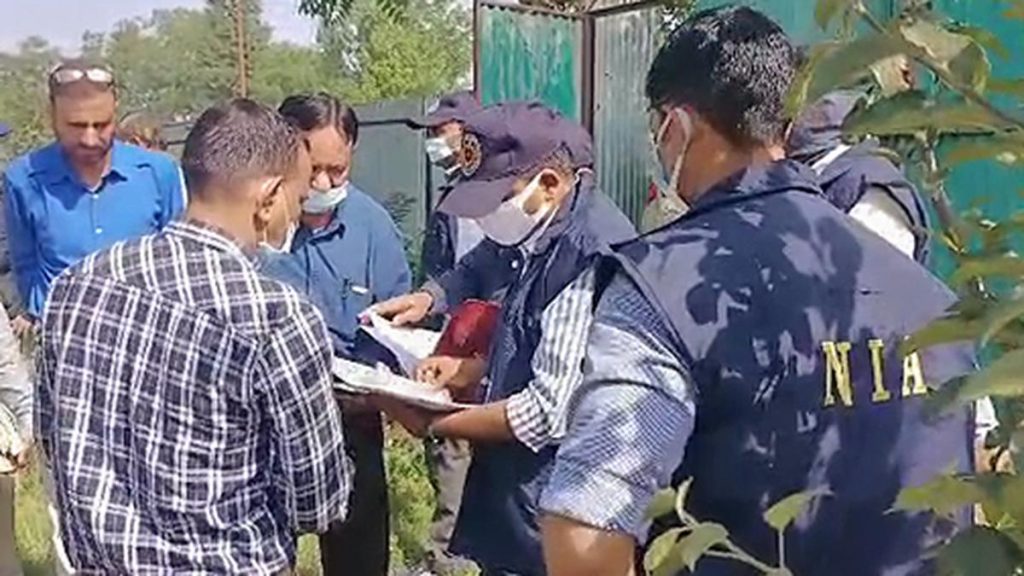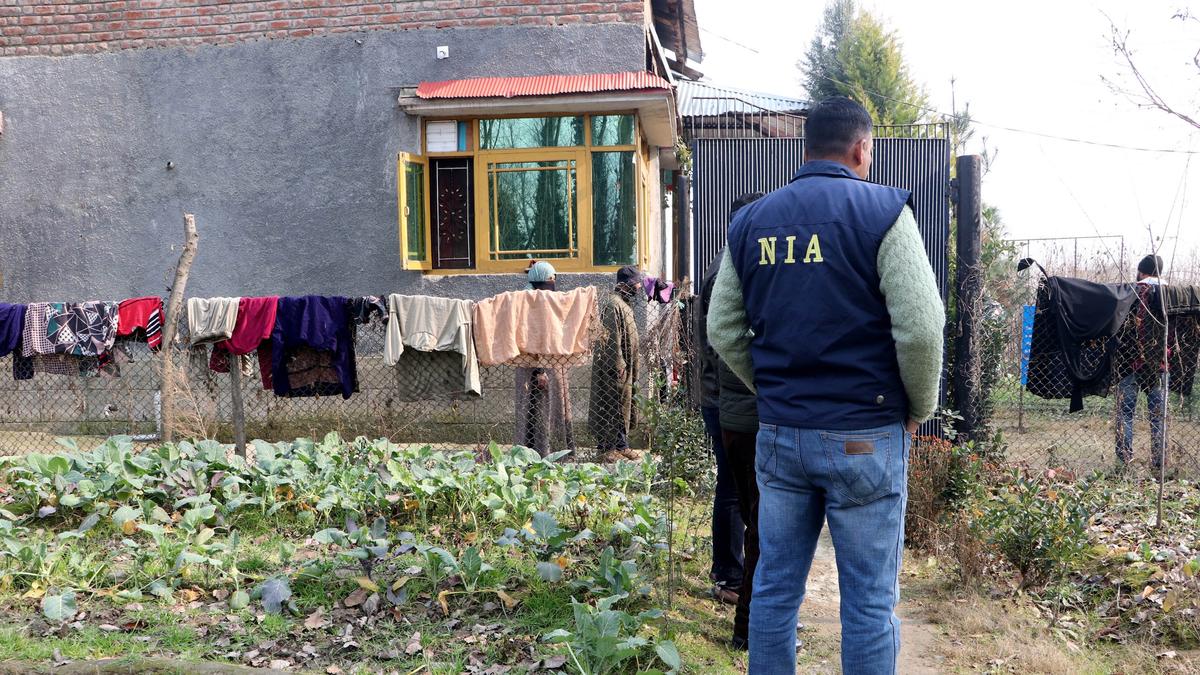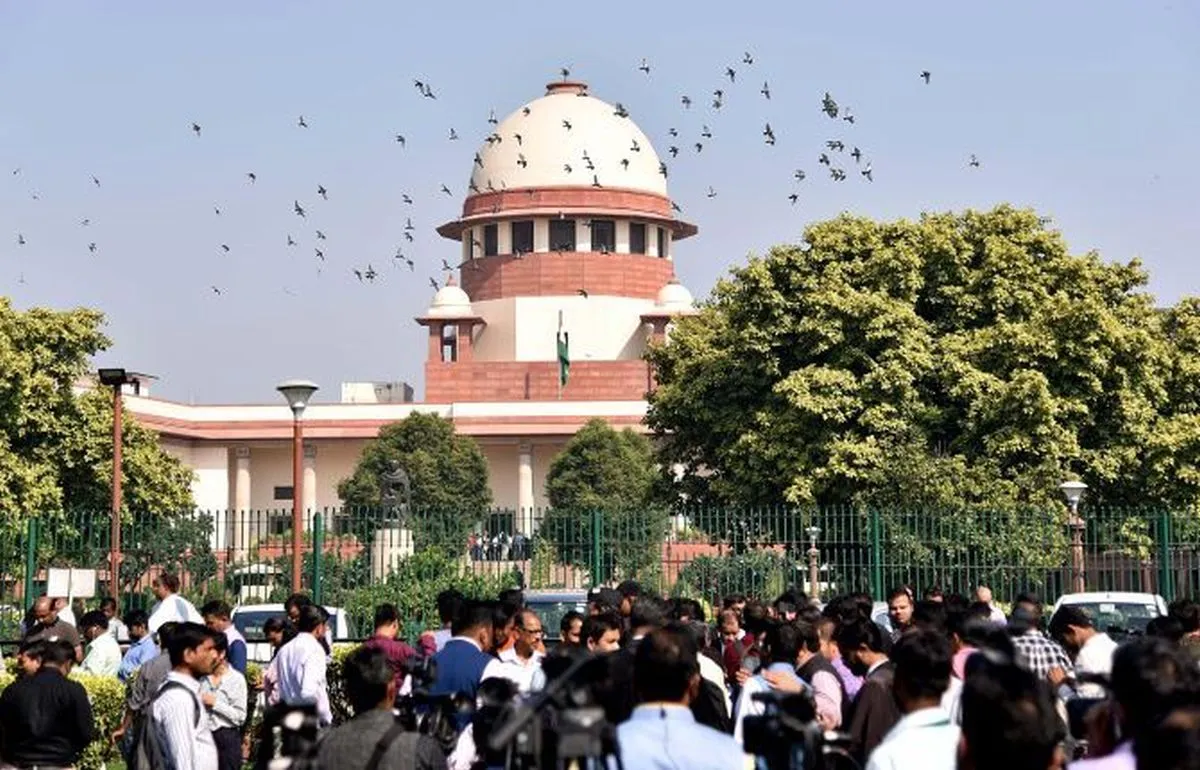The National Investigation Agency (NIA) conducted raids in Jammu targeting sympathizers of Lashkar and Jaish, who are accused of aiding cross-border infiltration and recent militant attacks.
NIA Raids in Jammu
In a significant crackdown on terrorism, the National Investigation Agency (NIA) recently conducted raids at multiple locations in Jammu. These operations were part of an ongoing investigation into the infiltration of terrorists from Pakistan into India and recent attacks on security forces and civilians. The raids targeted sympathizers and overground workers (OGWs) linked to banned terrorist groups like Lashkar-e-Taiba (LeT) and Jaish-e-Mohammed (JeM), who are accused of aiding cross-border infiltration and militant activities.
The NIA’s actions are a response to the growing concern over terrorist activities in the region. The agency has been probing how these operatives facilitate infiltration and support terror activities within Indian territory. The raids, which took place at over a dozen locations across Jammu, included homes of suspected sympathizers and OGWs. These individuals are believed to have connections with newly formed offshoots and affiliates of banned terrorist groups.

Details of the Raids
The raids were carried out in coordination with local law enforcement agencies, including the Jammu and Kashmir Police. The areas targeted included the Bana area and locations near the Sidra Nagrota Bindi area, all within a radius of about 10 kilometres. The NIA’s focus was on gathering digital evidence and understanding the role of these individuals in supporting terrorist activities. The agency is also investigating how these operatives assist in the infiltration of Pakistani terrorists into India, who then carry out attacks on Indian soil.
One of the key incidents linked to these raids is the attack on pilgrims on June 9, where nine people lost their lives. This incident highlighted the need for intensified efforts to combat terrorism in the region. The NIA’s actions are part of a broader strategy to dismantle the networks that support cross-border terrorism.
Impact and Implications
The raids have significant implications for national security and the fight against terrorism. They demonstrate the government’s commitment to addressing the issue of cross-border infiltration and the support networks that enable it. The operations also underscore the importance of intelligence gathering and coordination between different law enforcement agencies in combating terrorism.
The involvement of local sympathizers and OGWs in supporting terrorist activities raises concerns about the extent of terrorist influence within Indian communities. It highlights the need for continued vigilance and community engagement to prevent the spread of extremist ideologies.
As these operations continue, they will likely lead to further arrests and the disruption of terrorist networks. The success of these raids depends on the ability of law enforcement agencies to gather and act on intelligence effectively, ensuring that those involved in supporting terrorism are brought to justice.
Question to Readers: How do you think the government can effectively engage with local communities to prevent the spread of extremist ideologies and support for terrorist activities?



 By
By















